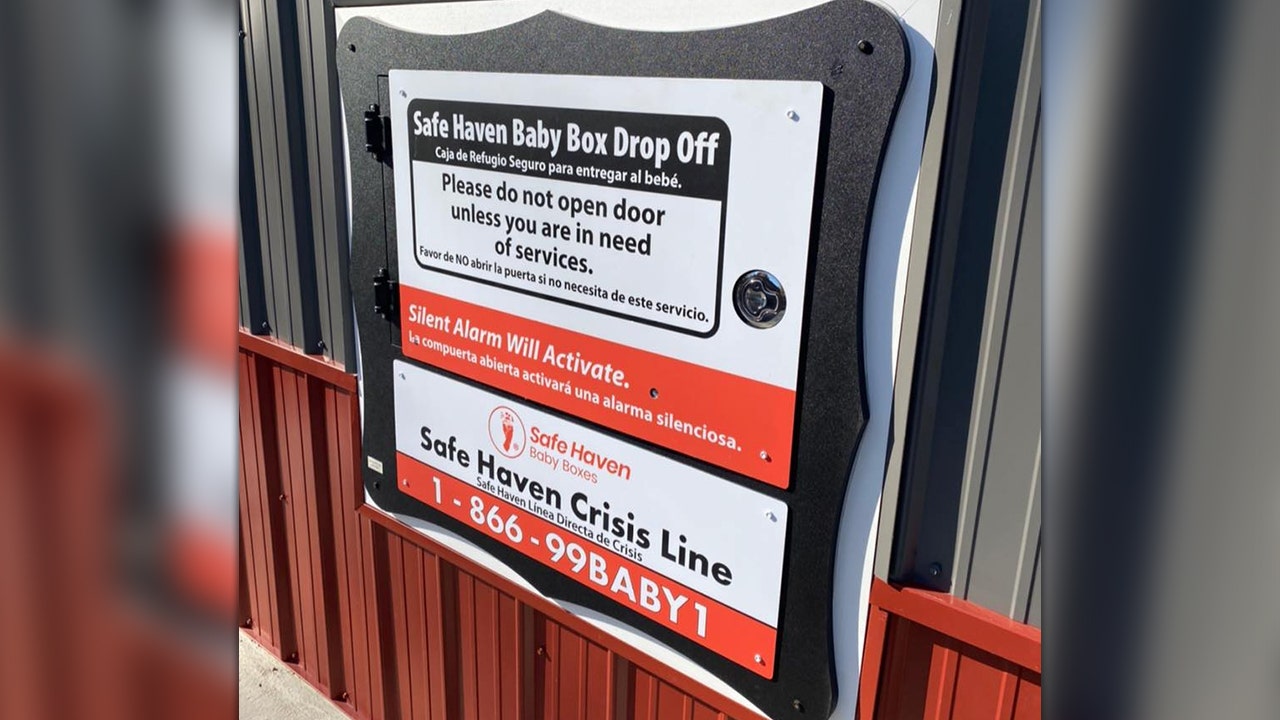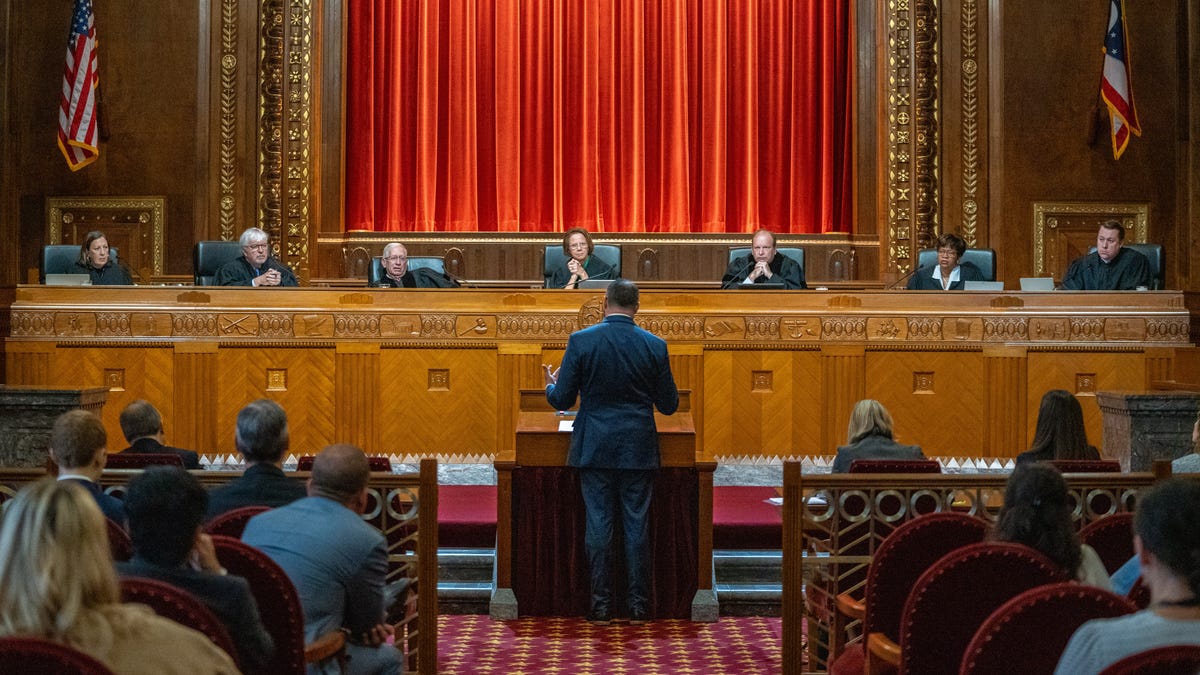TALLAHASSEE — Free orange juice will continue to flow at Florida interstate welcome centers while state citrus officials adjust to a pending 10% legislative budget cut for their promotional efforts.
The Florida Citrus Commission on Thursday will be asked to approve a $225,000 contract with Visit Florida about the welcome center refreshment, a reduction of $25,000 from the past.
John Fuller, director of global marketing for the Florida Department of Citrus, said the reduction reflects issues including fewer welcome centers.
“When this was originally set up, there were four official welcome centers,” Fuller said. “So, it just didn’t make sense to keep using that same number.”
Visit Florida, the state’s tourism marketing agency, has been operating three highway welcome centers since closing its facility on Highway 231 in Jackson County in 2019.
At the time, the Department of Citrus also ended the contract for free juice at welcome centers on Interstate 10 west of Pensacola, Interstate 75 at the Hamilton County community of Jennings and Interstate 95 north of the Nassau County community of Yulee to address a $4.1 million cut in state promotional funding.
Free cups of juice had been a staple of welcome centers since 1949, according to Visit Florida, and an outcry brought back funding for the promotional effort in 2020.
As they ended this year’s legislative session, state lawmakers in March passed a proposed budget for the 2024-2025 fiscal year that includes $9 million for citrus promotions, down from $10 million in the fiscal year that will end June 30. The budget has not been formally sent to Gov. Ron DeSantis for his signature and vetoes.
Even with the pending reduction, Fuller said a focus will continue to be promoting the health benefits of citrus through e-commerce channels.
“We like to focus on chef influencers, or home cooks or registered dieticians, so we can have a really credible voice out there speaking on health and nutrition benefits,” Fuller said.
The proposed state budget directs that the promotional funding can be used for no “other purpose than to produce consumer or influencer engagement and awareness of the health, safety, wellness, nutrition, and uses of Florida citrus products.”
The promotional efforts come as the industry continues struggling with issues such as deadly citrus greening disease and fallout from Hurricane Ian, which plowed through citrus-growing areas in 2022. The industry is on pace to produce just half of the output from the 2021-2022 growing season, which was before the hurricane.
The Citrus Commission, which oversees the Department of Citrus, also is slated Thursday to receive a presentation about a preliminary budget for next fiscal year.
Catch up on top stories before rush hour
Become a Times subscriber to get our afternoon newsletter, The Rundown
We’ll break down Tampa Bay’s biggest environment, politics, business, education and culture news every weekday.
You’re all signed up!
Want more of our free, weekly newsletters in your inbox? Let’s get started.
Explore all your options
By Jim Turner, News Service of Florida



































